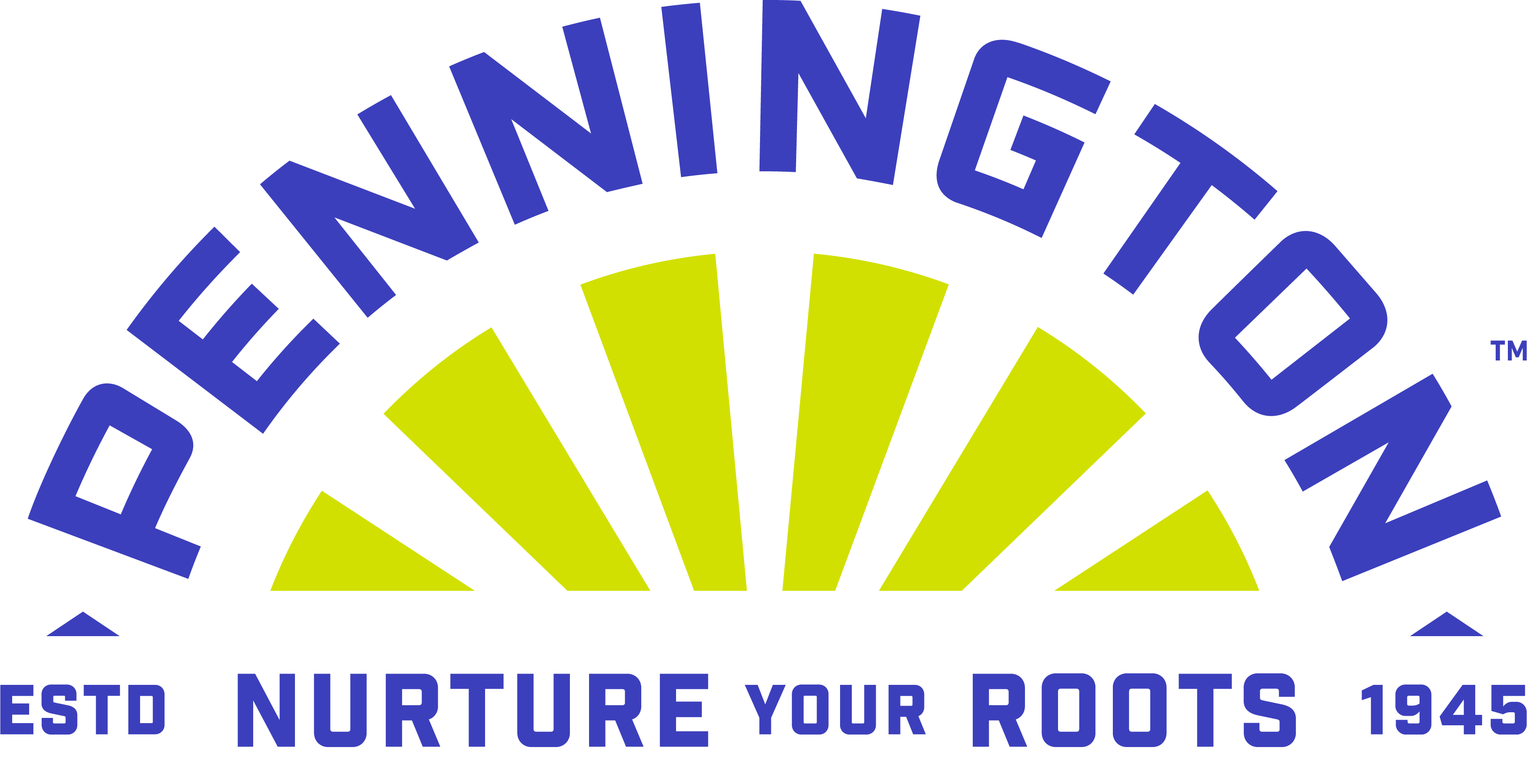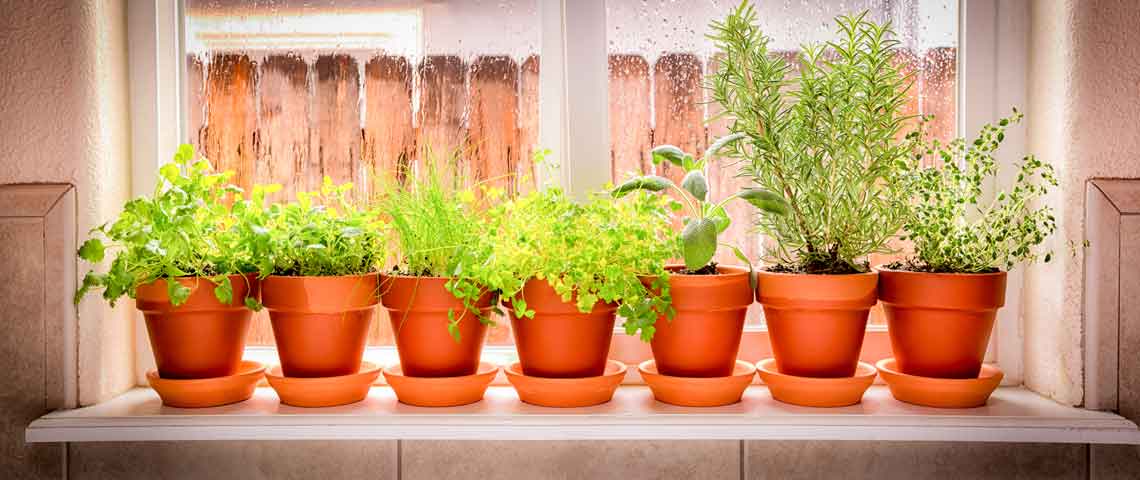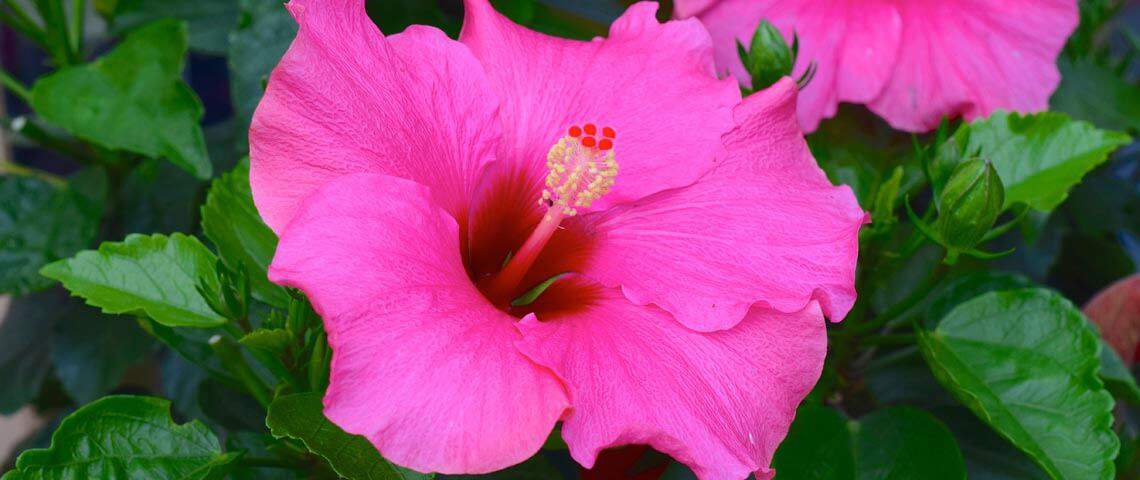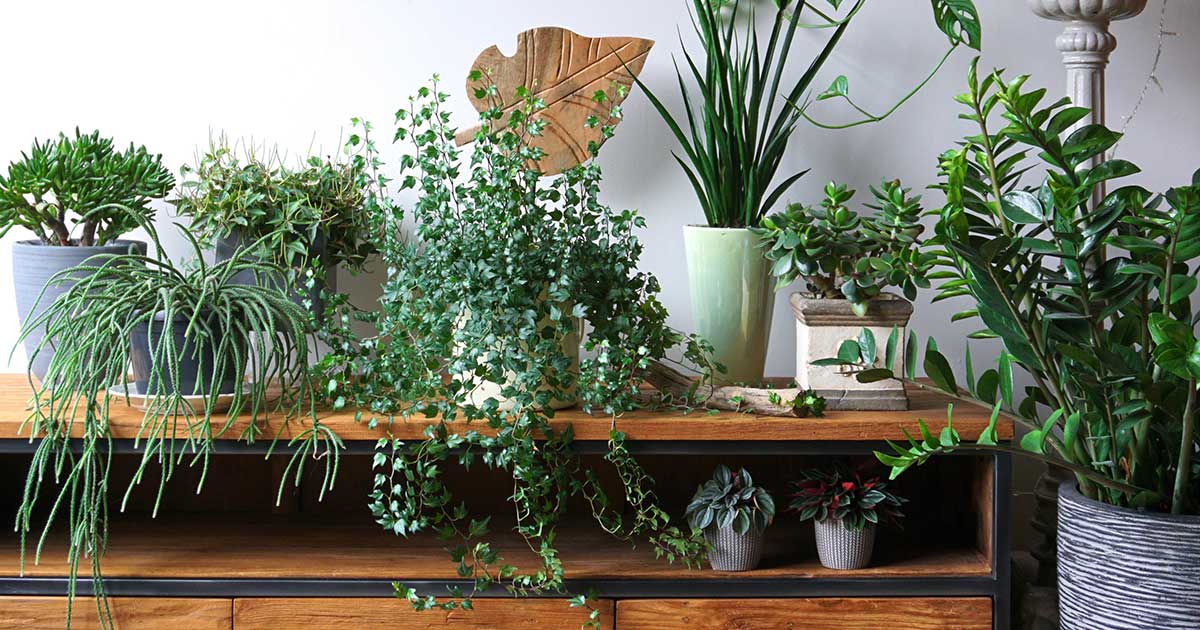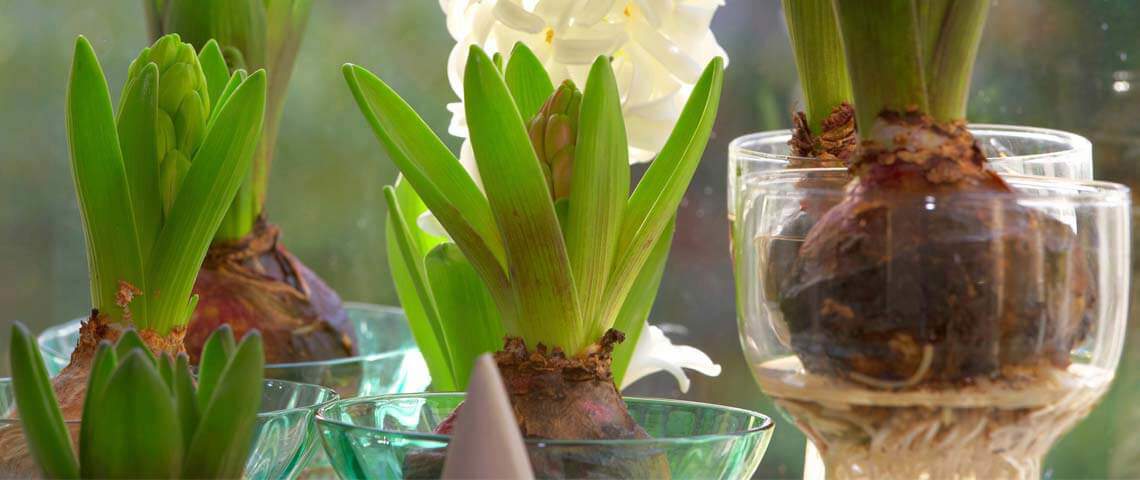How to Grow Native Vines in Your Yard for Privacy
Settling into your favorite patio chair with a cold drink is a relaxing way to end the day. But if your backyard is exposed to your neighbors, it isn't quite the retreat from the world that you deserve. Whether you want to cover a large section of chain-link fence or conceal your patio, there are several native perennial vines that provide beauty and privacy. Because native varieties are adapted to the region's climate and pests, they tend to require less maintenance and experience less pest damage.1
Beautiful Vines for Your Yard
While there are a number of beautiful non-native plants available at nurseries and garden centers, there are benefits to selecting native varieties. Each of the following native perennial vines produce blooms, which attract bees, butterflies and hummingbirds, and provide protection for wildlife, such as turtles and frogs. Before planting, add amendments such as Pennington Fast Acting Gypsumto help loosen compacted soil, and earthworm castings to help make soil nutrients more available to your new plants.1
1. Clematis: With over 290 species of clematis2, chances are, you'll be able to find a beautiful vine for just about any space in your yard. The western white clematis [Clematis ligusticifolia]3 is a vigorous climber, native to the western United States and hardy to U.S. Department of Agriculture (USDA) plant hardiness zones 5 to 7. Virgin's Bower [Clematis virginiana], a variety native to eastern U.S. regions, is suitable for planting in zones 6 to 8. These native species, as well as other native clematis varieties, offer valuable nectar for bees and hummingbirds. Most varieties grow best in full sun and are easy to transplant or start from seeds.2

2. Passionflower: Native purple passionflower [Passiflora incarnata]5 is a fast-growing vine with attractive foliage. Its blooms last throughout the summer. Also called maypops, this passionflower variety produces edible fruit from July to October. In USDA zones 6 to 8, passionflower dies back to the ground for the winter but remains partially deciduous, or evergreen, in zones 9 to 11.6Passionflower is the host plant of the gulf fritillary (the passion butterfly) and zebra longwing butterfly. Both lay eggs only on this plant, making the variety a good option for gardeners who want to attract butterflies to their yards.7Plant in areas that get partial or full shade.
Grape: Grapes come in wild and cultivated varieties that are native throughout most of the U.S.8From as far south and west as Louisiana to the northern border of Maine, varieties of the fox grape [Vitis labrusca]9, such as 'Eastern Concord' and 'Himrod,' are popular in culinary circles. While grape vines will grow leaves in partial shade, plant in locations that get full sun to produce ripe fruit.

4. American Wisteria: While Chinese and Japanese varieties of wisteria are popular and quite beautiful, the native American Wisteria [Wisteria frutescens]10 is a better option for U.S. gardeners. Most cultivars offer fragrant blue or purple blooms, but one variety, Nivea, produces white blooms. American wisteria is tolerant of a variety of conditions, from full shade to full sun.

5. Hops: Widely grown for beer production, hops are also great providers of privacy. Hops enjoy full sun and are grown throughout the contiguous United States, except Louisiana, Mississippi and Florida. A favorite of U.S. gardeners is the native common hop [Humulus lupulus].11Vines grow quickly and high, so plant hops with sturdy supports.

The same vigorous growth habit that enables these vines to provide privacy can also cause them to spread and overrun designated areas. To keep your space in check, prune undesired new growth or plant in large containers instead of in the ground.
To keep native perennial vines healthy throughout the growing season and year after year, use Lilly Miller All Purpose Lawn & Garden Food 16-16-16. This nutrient-rich, all-purpose fertilizer works fast on lawns, gardens, flowers, trees and shrubs to give plants everything they need to thrive.
Native vines are prone to insect and diseases, such as leaf spot and red spider mites. Visible signs can be brown or wilted leaf tips, holes in leaves, or distorted flower buds. Sevin Sulfur Dust starts killing immediately upon contact and will not harm the plant. Apply a light dusting or spray frequently to keep your vines healthy and free from insect and disease damage.
Always read the product label and follow instructions carefully.
Pennington is a registered trademark of Pennington Seed, Inc.
Lilly Miller is a registered trademark of Central Garden & Pet Company.
GardenTech is a registered trademark of Gulfstream Home and Garden, Inc.
Sevin is a registered trademark of Tessenderlo Kerley, Inc.
Sources:
1. "Benefits of Going Native," NC State University
2. Dale T. Lindgren, Kim A. Todd, Stephen N. Wegulo, "Clematis," University of Nebraska, Lincoln Extension, June 2008
3. "Clematis ligusticifolia," Lady Bird Johnson Wildflower Center
4. Mark Stannard, Wayne Crowder, "Western Clematis," USDA National Resources Conservation Service
5. "Purple Passionflower," USDA National Resources Conservation Service
6. "Passiflora incarnata," Arizona State University
7. "Passion Flower and its Associated Butterflies," Stetson University
8. "Plant Profile for Vitis L. (Grape)" USDA Plants Database
9. "Plant Profile for Vitis labrusca" USDA Plants Database
10. "Wisteria frutescens," Lady Bird Johnson Wildflower Center
11. "Humulus lupulus L.," USDA Plants Database
